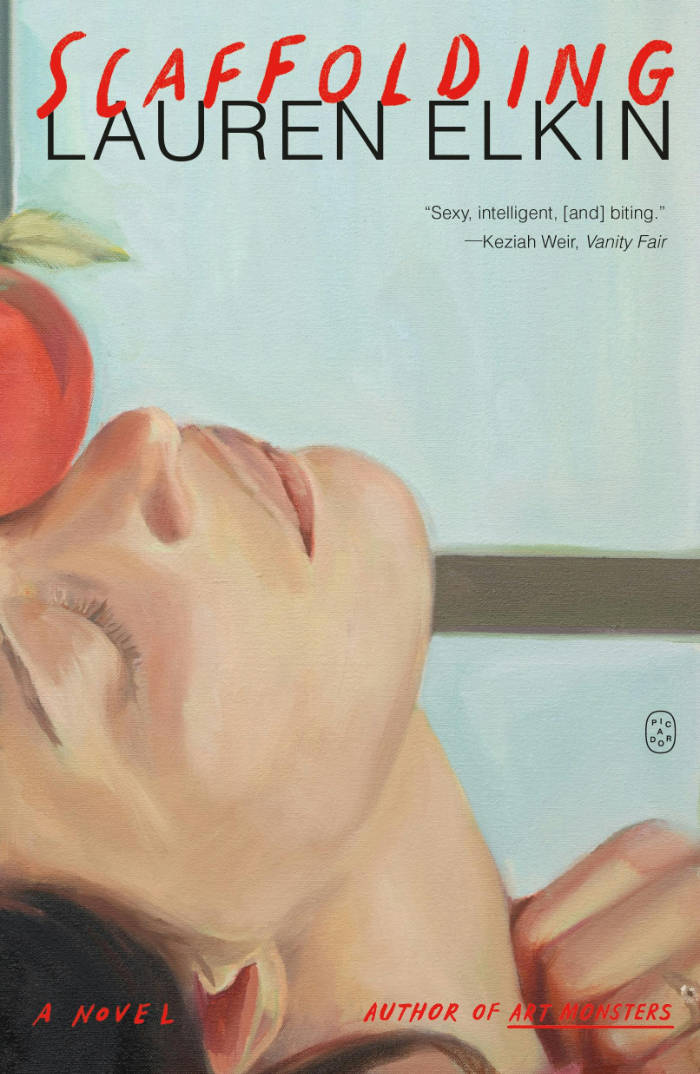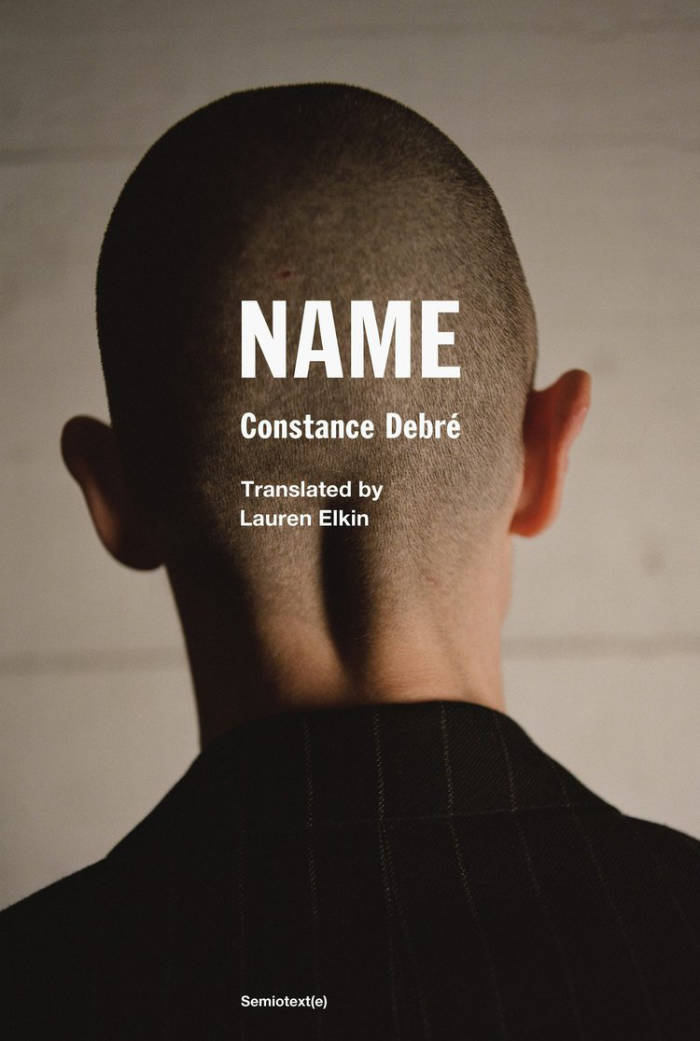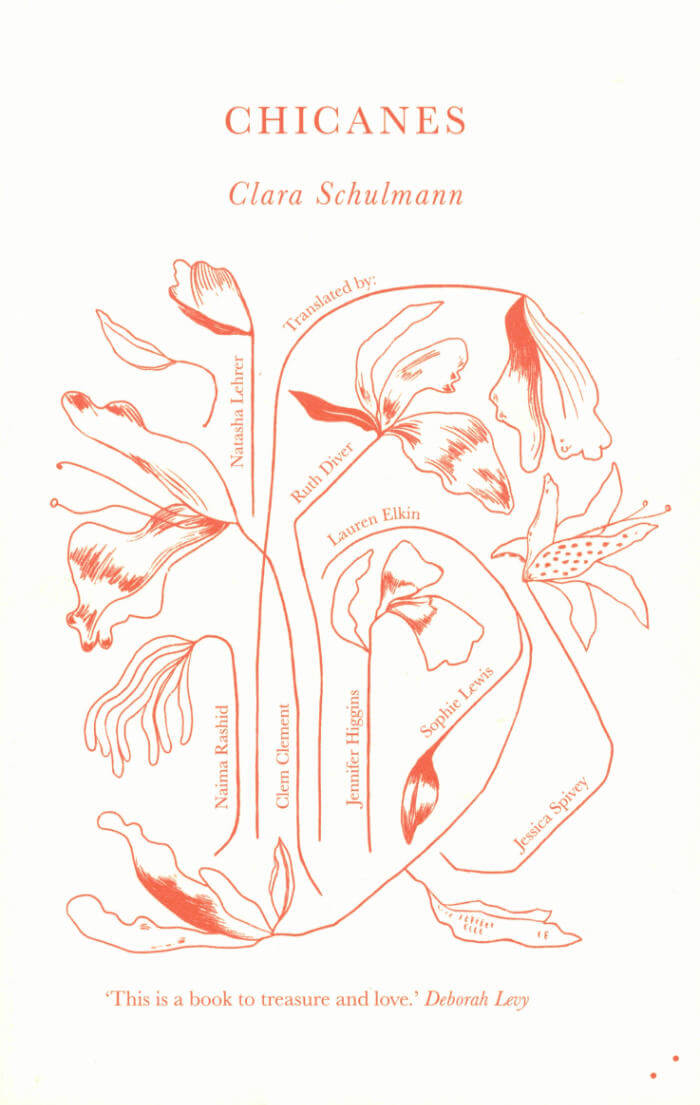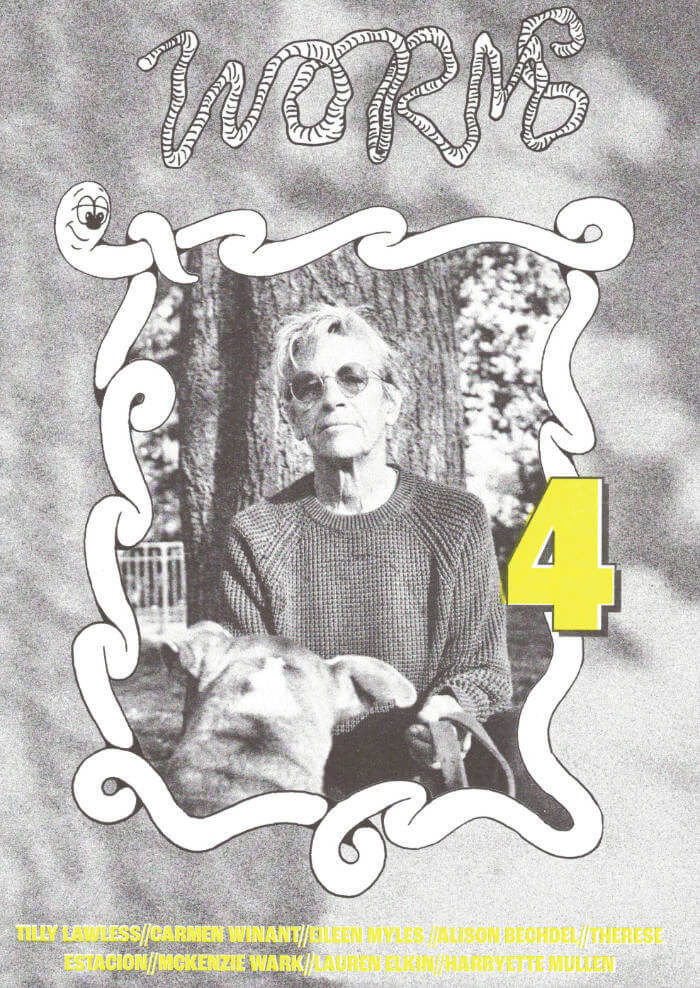Lauren Elkin
Lauren Elkin

Scaffolding
The debut novel by the acclaimed author of Flâneuse and Art Monsters, Lauren Elkin’s Scaffolding is a story of Paris, desire, love, psychoanalysis, and the turbulent affairs of two couples across time.
Paris, 1972. The same apartment in Belleville. Florence and Henry are renovating their kitchen. She is finishing her degree in psychology, dropping into feminist activities, and devotedly attending the groundbreaking, infamous seminars held by the renowned analyst Jacques Lacan. She is hoping to conceive their first child, though Henry isn’t sure he’s ready for fatherhood.
Two couples, fifty years apart, face the challenges of marriage, fidelity, and pregnancy. They inhabit this same small space in separate but similar times—times charged with political upheaval and intellectual controversy. A novel in the key of Éric Rohmer, Lauren Elkin’s Scaffolding is about the way our homes collect and hold our memories and our stories, about the bonds we create and the difficulty of ever fully severing them, about the ways all the people we’ve loved live on in us.
Lauren Elkin is the author of Art Monsters and Flâneuse, a New York Times Book Review notable book and a finalist for the PEN/Diamonstein-Spielvogel Award for the Art of the Essay. Her essays have appeared in The New York Times, Le Monde, Frieze, and The Times Literary Supplement, among other publications. A native New Yorker, Elkin lived in Paris for twenty years and now resides in London.

Name
Name, the third novel in Constance Debré’s acclaimed trilogy, is at once a manifesto, an ecstatic poem, and a political pamphlet. By rejecting the notion of given identity, her narrator approaches the heart of the radical emptiness that the earlier books were pursuing.
Newly single, and having recently come out as a lesbian, the narrator of Debré’s first two novels embarked on a monastic regime of exercise, sex, and writing. Using the facts of her own life as impersonal “material” for literature, Playboy and Love Me Tender epitomized what Debré (after Thomas Bernhard) has called “antiautobiography.” They introduced French and American readers to her fiercely spare prose, distilled from influences as disparate as Saint Augustine, Albert Camus, and Guillaume Dustan. “Minimalist and at times even desolate,” wrote the New York Review of Books, these works defied “the expectations of personal growth that animate much feminist literature.”
Name is Debré’s most intense novel yet. Set partly in the narrator’s childhood, it rejects Proustian notions of “regaining” the past. Instead, its narrator seeks a state of profound disownment: “We have to get rid of the idea of origins, once and for all, I’m not holding on to the corpses. … Being free has nothing to do with that clutter, with having suffered or not, being free is the void.” To achieve true freedom, she dares to enter this “void”—that is, dares to accept the pain, loss, and violence of life. Brilliant and searing, Name affirms and extends Debré’s radical project.

Art Monsters: Unruly Bodies in Feminist Art
A dazzlingly original reassessment of women's stories, bodies and art - and how we think about them.
For decades, feminist artists have confronted the problem of how to tell the truth about their experiences as bodies. Queer bodies, sick bodies, racialised bodies, female bodies, what is their language, what are the materials we need to transcribe it?
Exploring the ways in which feminist artists have taken up this challenge, Art Monsters is a landmark intervention in how we think about art and the body, calling attention to a radical heritage of feminist work that not only reacts against patriarchy but redefines its own aesthetic aims.
Writing in the tradition of Susan Sontag, Hélène Cixous and Maggie Nelson, Lauren Elkin demonstrates her power as a cultural critic, weaving daring links between disparate artists and writers - from Julia Margaret Cameron's photography to Kara Walker's silhouettes, Vanessa Bell's portraits to Eva Hesse's rope sculptures, Carolee Schneemann's body art to Theresa Hak Kyung Cha's trilingual masterpiece DICTEE - and shows that their work offers a potent celebration of beauty and excess, sentiment and touch, the personal and the political.
'Destined to become a new classic' - Chris Kraus
And more

Chicanes
Translated from the French by Naima Rashid, Natasha Lehrer, Lauren Elkin, Ruth Diver, Jessica Spivey, Jennifer Higgins, Clem Clement and Sophie Lewis.
As she tries to collect them for an essay she is planning to write, other women’s words begin interfering in Clara Schulmann’s life — heard on the radio, in podcasts, songs, and films; words of novelists, feminist intellectuals, friends or strangers overheard in the street. They invade her psyche, reshaping the essay that she once had in mind into a picaresque adventure which investigates the fault lines around women’s voices: and in particular those moments of overflow and excess where wayward words take seed.
Chicanes heralds a new French feminism through a meticulously orchestrated chorus of the wildest female voices, from figures in the history of feminist writing to the stranger on the street, blurring the boundaries between body and art; personal and political. A poly-translation, by eight female translators, from established to emerging, Chicanes brings the individual voice of each translator into subtle relief.

Worms #4 'The Flaneuse'
Worms #4 looks at psychogeography and the Situationists from a non-male perspective. Taking flâneuserie and the creative benefits of a good walk as its starting point, the issue features conversations with Eileen Myles, Alison Bechdel, Lauren Elkin, Tilly Lawless, Mckenzie Wark, Therese Estacion and Carmen Winant. 2021 was a fraught year for walking; the pandemic restricted our right to movement, while the murders of women walking in London led us to ask the question: how can the act of walking the streets spark political conversation?
Also included with this issue is an affirmation booklet in collaboration with @somuchluvindisclub
Worms is a biannual literary style magazine that celebrates female and non-binary writer culture.
‘If you’re reading this, you are a worm. We’re all worms, and in the end, we’re going to be eaten by them. As a (book)worm, you will fertilize your mind with glorious words…’
Founded in 2019 by Clem Macleod during her degree at Central Saint Martins, Worms began with a mad, spiralling obsession with the late Kathy Acker.

Detour/Détours (Hotel Cordel No. 1)
Cécile Menon, Dominic Jaeckle and 1 more
Detour/Détours imagines debt as a language game: as a broken pun; a break in a journey; a play on value and the meaning of money as it changes hands. Or in terms of Guy Debord’s détournement — as a debt reimagined through the integration of old works into something new.
The word debtor owes etymologically to the old French deteur. But — moving into English — its first appearance dates back to the early 13th century and — sounded out as dettur, dettour or detour — debt can be read as an elaboration on the mottled intimations of a detour with a little poetic license. A detour is a deviation, a digression; a play on our various senses of direction. Exploring the will, want or need to take the long way around — and seeking to bastardize and scrutinize our relationship with (and conceptualization of) a statement of debt — here we have a set of searching works that critique all our methods of repayment. Participating authors were given free rein to produce a piece of writing in response to these ideas, and the works included herein — five first English-language translations and five original texts — wind their way around the weight of the word ‘debt’ in ten attempts to reroute its meaning.
Questions of Worth by Noémi Lefebvre, translated by Natascha Lasorak and Sophie Lewis
Silent B by Lauren Elkin
A Problem of the Greek Type by Mathieu Larnaudie, translated by Adrian Nathan West
Emotional Debt/Speed of Recovery Matrix by Selma Dabbagh
Debt Night by Preti Taneja
The Pastoral Calculation by Sandra Lucbert, translated by Jessica Spivey
The Debt Collector by Jen Calleja
Unknown Soldier by Nicolas Bouyssi, translated by Amanda DeMarco
Good Relations by Joanna Walsh
Out of Debt by Thomas Clerc, translated by Jeffrey Zuckerman
Edited by Emmanuel Bouju, Dominic Jaeckle & Cécile Menon
Limited Edition of 300 copies
180 x 120, paperback, 78 pages